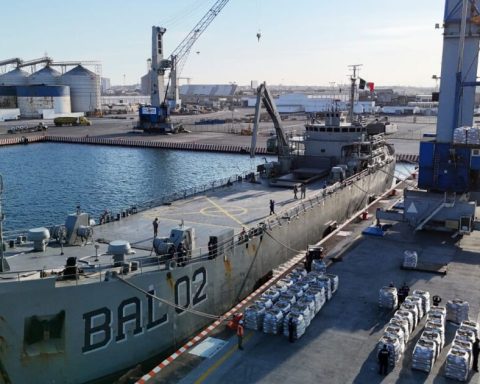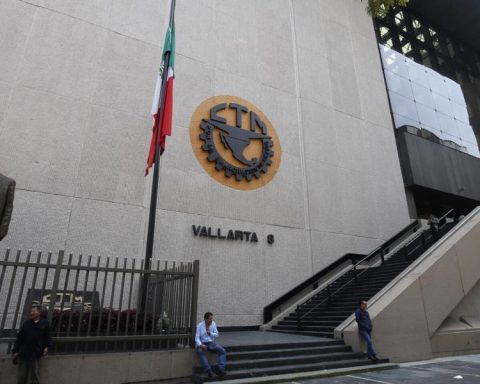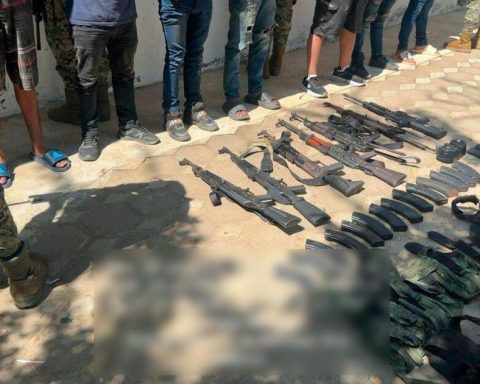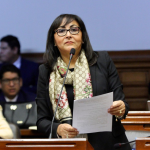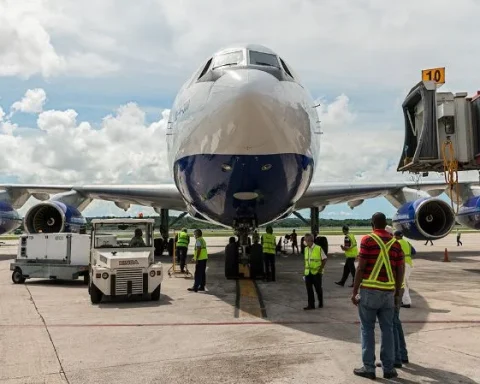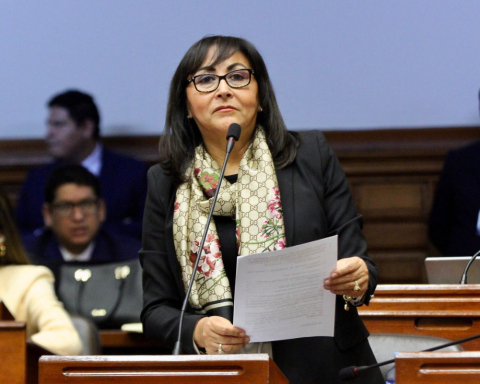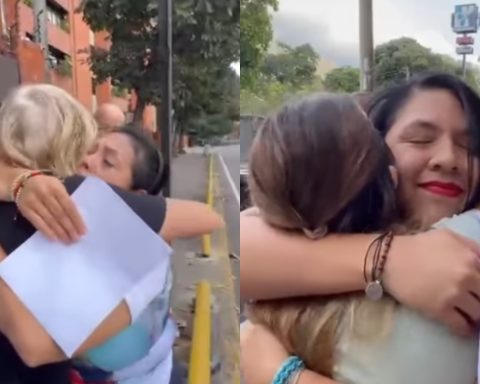“Every time we collect less (waste). People have no choice but to do the same work as us: there are more and more cartoneros and less waste,” said Rodríguez, who considered that the change has been observed since May due to high inflation. .
With a chronic shortage of foreign currency and a high fiscal deficit, Argentina has not managed to leave behind a prolonged crisis that deepened with the coronavirus pandemic and that has hit President Alberto Fernández’s intentions to be re-elected.
Although the economy returned to growth in 2021, the future was shrouded in shadows due to inflation that this year would reach 76%, according to the latest survey of experts carried out by the central bank. In June, inflation was 5.3% and analysts expect it to pick up in July.
Poverty, which had been reduced to 37.3% of the population last year, would rise to 40% in the second half of 2022, “basically due to inflation and because more jobs are not being created,” said Agustín Salvia, from the Universidad Catholic Argentina (UCA).
“It is difficult for a virtuous process to take place in this context of macroeconomic instability; investment is very low,” added the poverty specialist.
According to the private consulting firm Focus Market, consumption fell 4.5% in June compared to the same month in 2021 and accumulates a 2.4% drop in the first six months of the year.
“Businesses that used to take out cardboard twice a day, in the morning and in the afternoon, take out only once a day, because there are no sales,” Paola Godoy, 40, told Reuters amid huge bales of plastic, cardboard and nylon that the recyclers carried on their backs.
Godoy chairs the recycling cooperative Jovenes en Progreso, which produces nylon bags with the material that cartoneros collect at the doors of shops, markets and houses in Lomas de Zamora. The cardboard is sold at 37 pesos per kilo (0.29 dollars at the overvalued official exchange rate) to large companies.
Instability
The third largest economy in Latin America closed an agreement in March with the International Monetary Fund (IMF) to reschedule debt for some 44,000 million dollars, which establishes, among other goals, a reduction in inflation, which has become the biggest problem economic of the country.
“People’s consumption has dropped because things have become very expensive (…) and that produces a drop in sales for us,” said Marcela Cid, 58, owner of two clothing stores. home in San Fernando, north of Buenos Aires.
“When we go to replace (merchandise) we find different prices. Before I was going to buy with 100,000 (pesos) from my suppliers and today I need 170,000 or 180,000,” he said.
Seeking to stabilize the economy, the new minister of the area, Silvina Batakis, announced last week a series of orthodox measures that have calmed the markets.
However, uncertainty remains over the relationship between center-left President Fernández and his powerful deputy, Cristina Fernández de Kirchner, whose fierce disputes have generated financial woes in recent months.
With the opposition of Kirchner, who in the past has defended the increase in public spending and promoted extensive subsidies for poverty, the minister’s initiatives could founder.
A recent survey by the consulting firm Trespuntozero showed that 75.8% of Argentines consider the government’s performance in the economy “bad or very bad.”
“It’s not enough anymore”
Due to the fall in purchasing power, the middle class was forced to change some habits: they buy cheap brand products, stop consuming goods considered expensive or switch their children from private to public schools.
Hit by inflation, Juan Silva, a 53-year-old bus driver, regularly travels from Buenos Aires to the city’s central market in the suburbs to buy cheap food.
“With the issue of the economy, the way the country is, we have to make that effort to buy in quantities and save for the whole month. There are many of us in the family; really, the salary is no longer enough for us,” he explained.
According to Shila Vilker, director of the firm Trespuntozero, 89.3% of Argentines recently had to make spending cuts, mainly in outings, food and clothing. Almost 90% were forced to reduce the consumption of beef, the basis of the diet of Argentines.
The circle of impoverishment closes in the streets, where remains are scarce.
“A box of milk, a box of eggs, oil… there is no longer that on the street. Since May, the recyclable material has started to drop a lot. Before, two bags a day were collected, today half a bag is collected “, assured Romina Peluffo, a 43-year-old cartonera who is the leader of the Plaza Libertad recycling cooperative.
There are no updated official data on general volumes of waste. Depending on the number of hours worked, a cartonero from Argentina can earn approximately 30,000 pesos a month ($233).
Reuters information.

